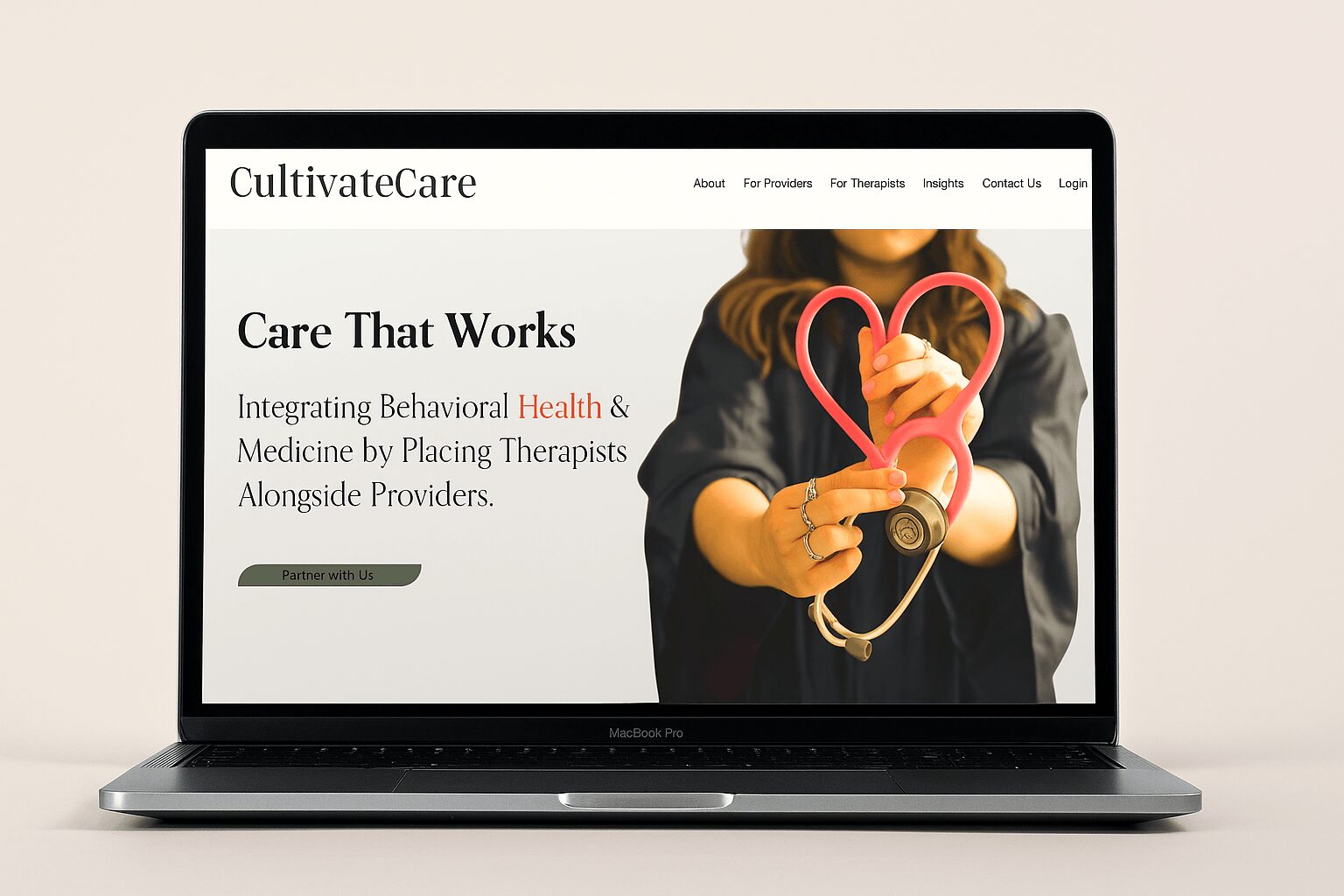

Today we’d like to introduce you to Elizabeth Uhles.
Alright, so thank you so much for sharing your story and insight with our readers. To kick things off, can you tell us a bit about how you got started?
I’ve been a therapist in private practice for years, and I kept seeing the same pattern: patients leave a doctor’s appointment with a new diagnosis or treatment plan, but without the tools to manage the mental health side of it. Anxiety, depression, even PTSD often go untreated, and the lifestyle changes feel overwhelming without real support.
That gap became personal when my father was diagnosed with a rare disease. Even with excellent doctors and strong family support, it was difficult to coordinate care, find support groups, and manage the emotional toll of a life-changing diagnosis. We realized that adding mental health into the process was one of the hardest pieces to access , and yet one of the most critical.
That’s why I started CultivateCare. We build on decades of research to bring mental health into medical settings in a practical, on-the-ground way. Our team recruits and places therapists, social workers, and mental health specialists alongside doctors, so patients don’t just get medical treatment, they get the mental and emotional support to live well through it.
Alright, so let’s dig a little deeper into the story – has it been an easy path overall and if not, what were the challenges you’ve had to overcome?
It definitely hasn’t been a smooth road. One of the hardest parts has been shifting the mindset that mental health is separate from medical care. Doctors, patients, and organizations are often used to operating in silos, so even when everyone agrees mental health is important, there isn’t a ready pathway to integrate it. Another struggle has been the startup reality: we’re new, which means building trust and visibility from the ground up. We know the model works, but credibility doesn’t happen overnight. We’ve had to be patient, consistent, and focused on showing results one relationship at a time. At the same time, those challenges have shaped us. They’ve forced us to get really clear on what we do, why it matters, and how we communicate it. That clarity has been a gift, because now when people hear about CultivateCare, they immediately understand the gap we’re filling.
Thanks for sharing that. So, maybe next you can tell us a bit more about your business?
CultivateCare is a recruiting and consulting group that helps medical organizations and businesses integrate mental health into their systems. We connect licensed therapists, social workers, and mental health specialists with clinics, hospitals, and employers so patients and employees get support that goes beyond the medical side.
On the consulting side, we help organizations design behavioral health programs that are sustainable and effective, whether that’s embedding therapists into care teams, building referral networks, or creating mental health benefits that people actually use.
What sets us apart is clarity and execution. We don’t just say mental health matters, we make it operational by recruiting the right professionals and structuring systems where care is accessible. CultivateCare exists so doctors can focus on medicine, patients can feel supported, and organizations can deliver on their promise of whole-person care.
What has been the most important lesson you’ve learned along your journey?
The biggest lesson I’ve learned is that clarity builds trust. Vision only matters if you can communicate it simply and consistently, especially when you’re doing something new like integrating mental health into medical settings. Early on I thought the impact would speak for itself, but I’ve learned change happens when people clearly see themselves in the vision. The clearer we are about what CultivateCare does, the faster partnerships form and the stronger the outcomes for everyone involved.
Contact Info:
- Website: https://www.wecultivatecare.com
- Other: https://www.elizabethuhles.com


















